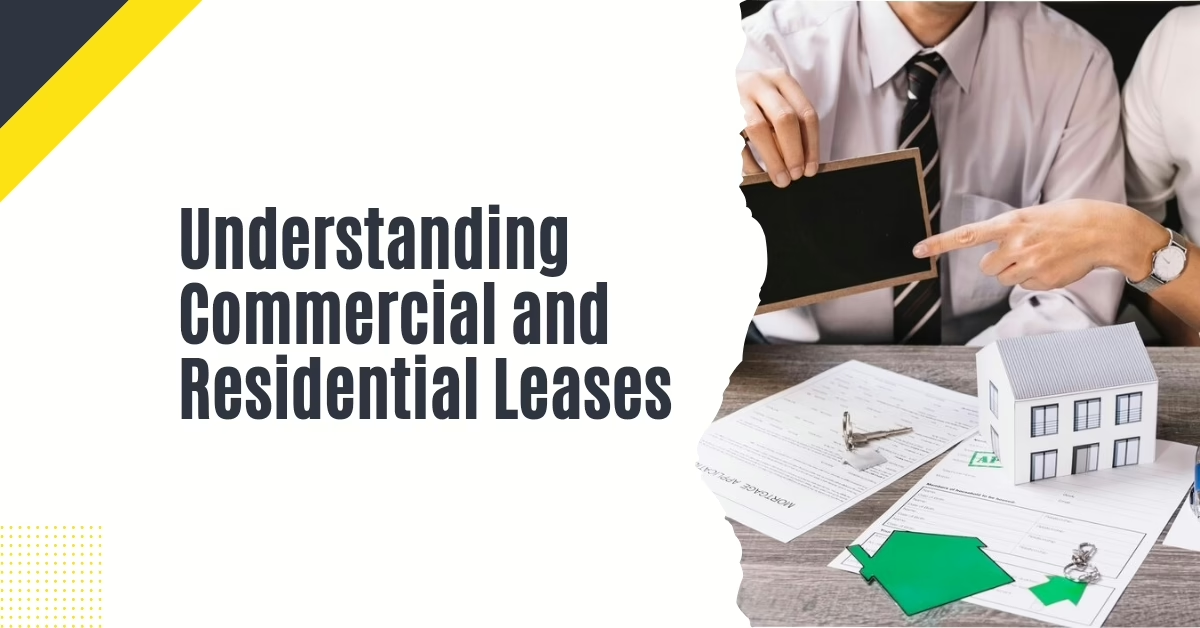Understanding Commercial and Residential Leases
Are you considering renting property but unsure of the differences between commercial and residential leases? Watch this video to discover the key differences.
Understanding the differences between these 2 types of leases helps landlords and tenants make smart decisions for business or living spaces.
To help you make an informed choice, here’s how a commercial lease is different from a residential one:
Power Dynamics
Residential tenants often receive more legal protection due to a perceived power imbalance with landlords. Laws have protections that favor residential tenants to ensure fairness and protection.
Legal Safeguards for Tenants
Residential tenants enjoy various legal protections often spelled out in the lease. For example, the Courts usually side with tenants in disputes and offer them the benefit of the doubt in unclear situations.
Commercial Lease Considerations
The laws favor parties in Commercial leases equally because these are agreements between businesses. It is assumed that both parties understand business-to-business matters, resulting in fewer tenant protections compared to residential leases.
Types of Commercial Leases
Commercial leases vary widely. Gross Leases cover all expenses within the rent, while Triple Net leases require tenants to pay additional costs like maintenance, taxes, and insurance. This flexibility allows for customized provisions that suit different needs.
Understanding the differences between commercial and residential leases is crucial for landlords and tenants alike. While residential leases focus on tenant protection, commercial leases assume equal business expertise.
If you still need help navigating the complexities of both leases, contact us via our Website: https://surge.law/. Don’t forget to subscribe to our YouTube channel at https://www.youtube.com/@surgelaw to stay updated with future announcements.



